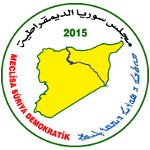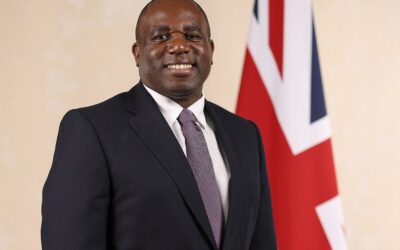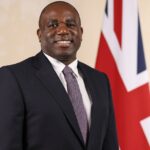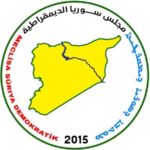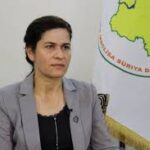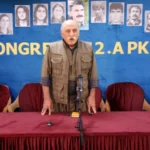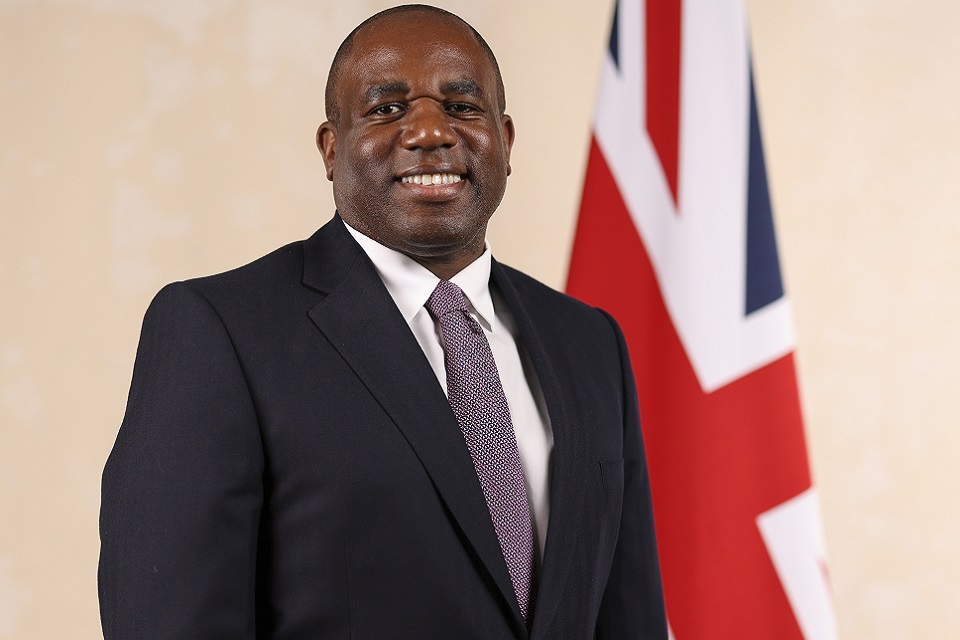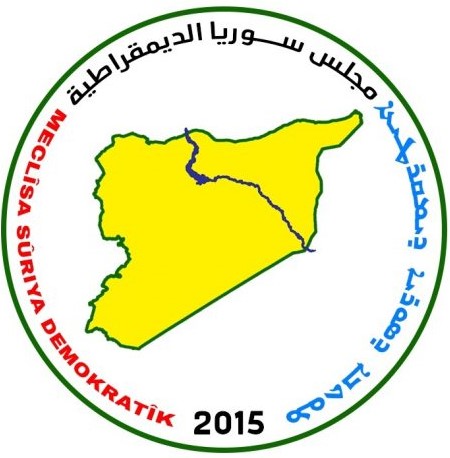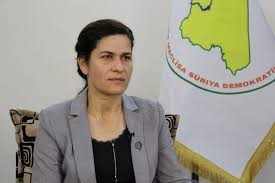The global preoccupation with the Gaza war and the Turkish regime’s advantage to strike northeastern Syria.
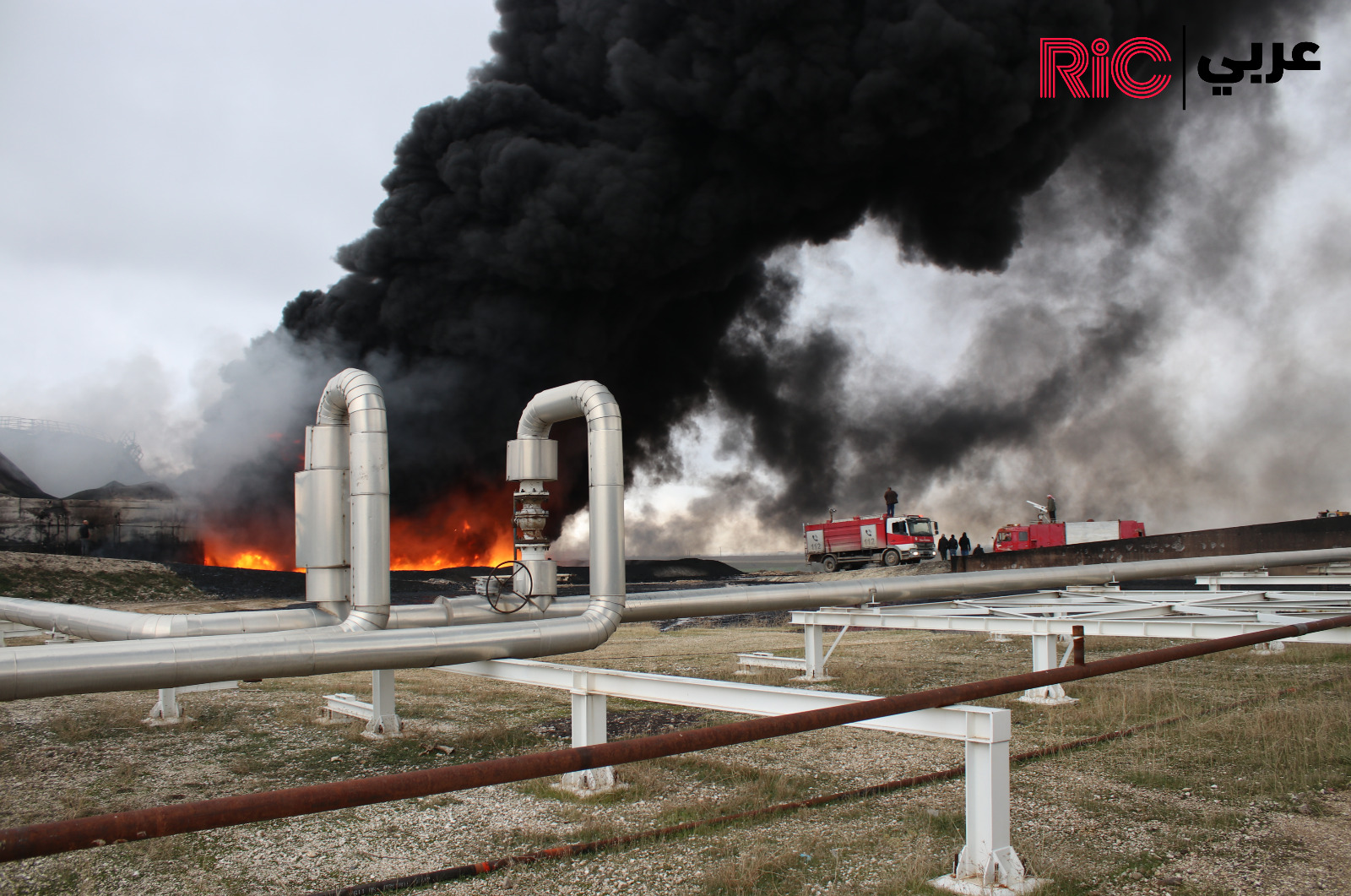
2024-01-18
Christine Hanna Nasr
In conjunction with the ongoing war in Gaza and the accompanying great media attention and focus, the Turkish regime is taking advantage of the current circumstances to strike northeastern Syria, specifically the Syrian Democratic Forces, which it has bombarded repeatedly and increasingly since the beginning of the Syrian conflict, including drone strikes, at a time when the media’s supposed role in monitoring these events and current developments and putting world public opinion in their image is absent, especially since the current time is witnessing a Turkish threat to launch a new ground military operation on the east of the Euphrates.
Over the past years, Turkey has played a clear role characterized by interference in the sovereignty of the Syrian state, as well as interference in Iraqi sovereignty as well, by launching military strikes on the territory of the two countries, and the question is, what did Turkey target practically with its strikes on northern Syria recently?, Unfortunately, most of the strikes were directed at the capabilities of the Syrian people in Qamishli and other areas in northeastern Syria, where electric power institutions were bombed for the fourth time in a row, grain stores, medical personnel, civilian homes and infrastructure, including It also included oil and energy fields such as the Swedish field and the Awda field in al-Qahtaniyah.
According to the articles of international law, such strikes constitute an attack on international law and war against humanity, yet the law and the United Nations and its organizations have not succeeded in protecting civilians in most areas of armed conflict, knowing that the situation in northern Syria is not an armed conflict, given that the Syrian Democratic Forces have not launched any attacks against the Turkish neighbour, who claims to encroach on the border, which is a pretext that he exploits to launch strikes on their areas, and this confirms and demonstrates that The attacks and infiltrations are from the Turkish side only.
In light of these Turkish attacks, the Democratic Autonomous Administration has repeatedly confirmed its denial of all Turkish allegations and justifications that claim to have launched strikes on its neighbour Turkey, and it should be noted that Turkey, over the past years, has carried out several ground battles within the framework of its exploitation of the reality of the Syrian conflict, including the battle of the so-called “Peace Spring” and “Olive Branch”, which destroyed Turkey’s infrastructure and killed many civilian victims, and today, Turkey is taking advantage of many things in its strike of the northeast. The Syrian government’s silence in the past days about the Turkish targeting of the Syrian army in the countryside of Qamishli, in addition to Turkey’s striking of mostly civilian sites that lack the status of a military target.
The nature of the civilian and service living sites targeted by the Turkish strikes reflects their strategic goal and purpose, which is to create an unsuitable environment for life as a result of which the people are forced to migrate, and thus Turkey’s attempt to make a demographic change to the area east of the Euphrates, in preparation for the occupation of the region later, as happened, for example, when occupying the Kurdish-majority city of Afrin, and it is clear from the course of things that Turkey is seeking again to break the rules of engagement in northern Syria agreed upon with an international guarantee from America and Russia.
In the event that the Turkish strikes and their encroachments on the northeast of Syria continue and carry out a new ground war, all of this threatens to escalate the situation towards an open war between the Syrian Democratic Forces and the Turkish occupation as it occupies the territories in the northwest of Syria such as Jarablus, Al-Bab and Idlib, and it is clear that the Turkish strikes, instead of the plan to dismantle the region and destroy its social and economic fabric, led to another positive result for the population, represented in strengthening national unity and increasing the level of solidarity among all social components living in the region. Thus, a clear harmony between the population, the Syrian Democratic Forces, the Autonomous Administration and the existing reformist approach in the region defended by these components, in a way that effectively eliminates Turkish claims that they are merely separatist and terrorist groups.
At the international level, the agreement signed in 2019 between Turkey and America, as well as Turkey and Russia, to reduce escalation, ceasefire, control and control the seam borders through joint patrols, did not constitute a practical deterrent to Turkey, which continues to resume its air strikes here and there in northeastern Syria and a clear violation of the agreement, which does not give it any right to carry out strikes or operations. However, I do not think that Turkey can today launch a new comprehensive ground operation in the eastern Euphrates region, due to internal reasons related to the elections, especially the attempts of the ruling Turkish party to transfer internal political problems and the economic situation abroad, most notably the problem of the devaluation of the Turkish lira.
The composition of the Syrian Democratic Forces has its own specificity and national symbolism, as it was formed after the occupation of “ISIS” of eastern Syria and its declaration of the so-called capital of the Islamic Caliphate in the city of Raqqa, and these forces are characterized by their collective identity and representative of all components of the Arab clans, Kurds, Syriacs, Armenians and Turkmen, and in fact they are components of the peoples of the region that liberated Raqqa from ISIS, where the Syrian Democratic Forces enjoyed the support of the international coalition, and today they have a self-administration program that looks forward to finding a Syrian-Syrian political solution between the components of The Syrian people are not a solution based on decisions taken by external conferences, but a political solution that includes democratic, decentralized, pluralistic governance for a united Syria with all its territory.
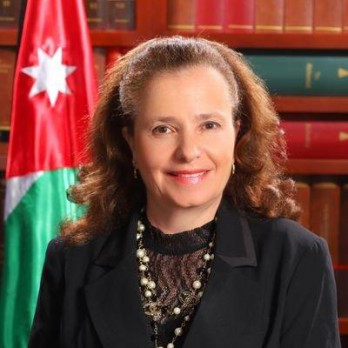
Christine Hanna Nasr
A Jordanian writer specializing in international affairs and relations, she has written many books, various cultural books and many articles in the local and international press.
Former candidate in Jordan’s parliamentary elections.
Architect who completed graduate studies at the Catholic University of Washington DC.

